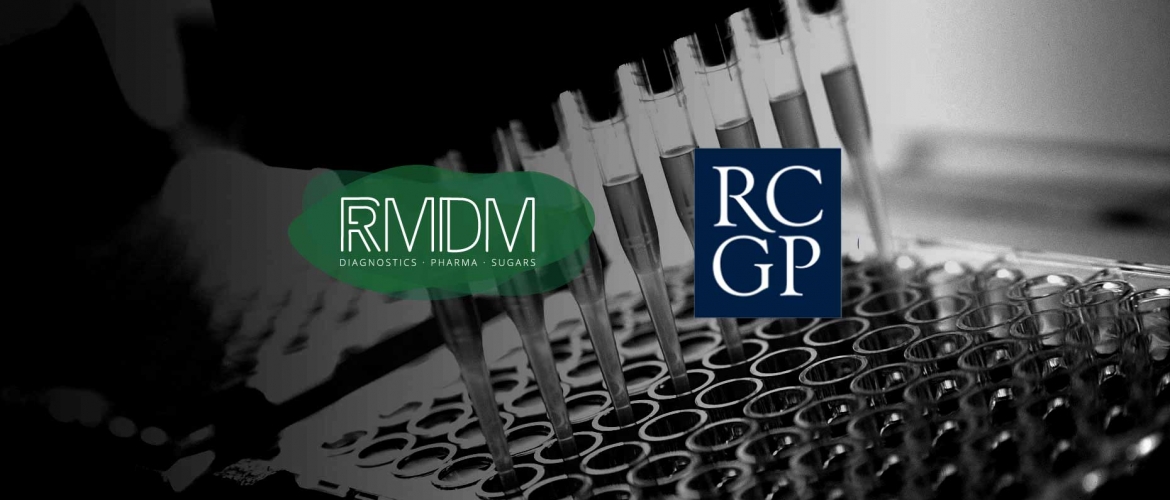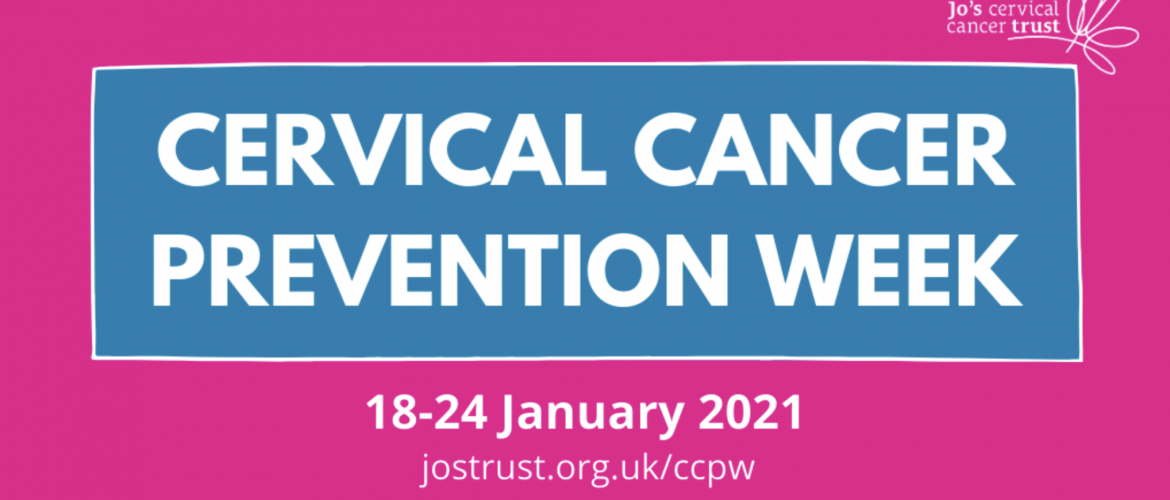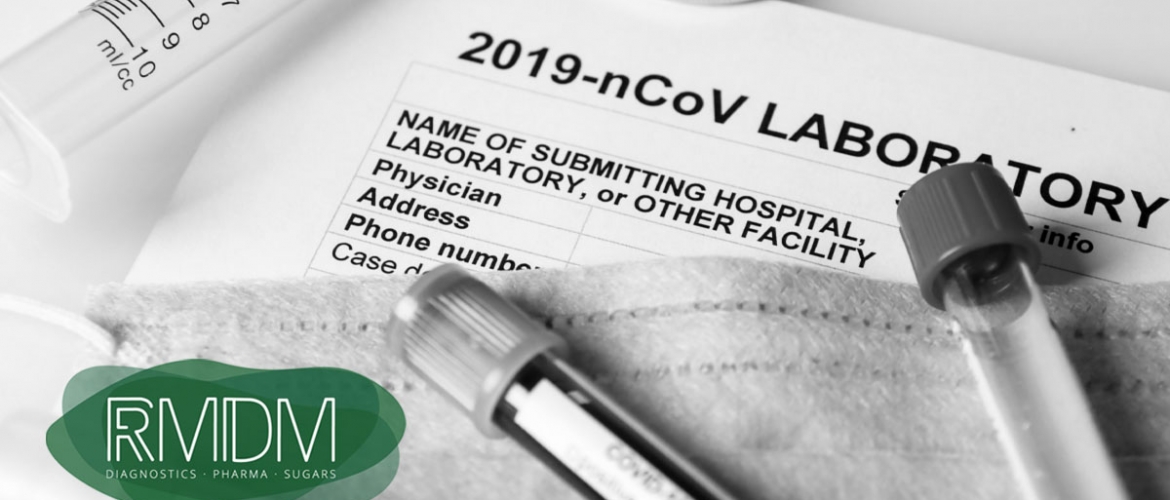The Importance of Early Cancer Detection
Early cancer detection is paramount in improving patient outcomes and survival rates. Timely identification of cancerous changes not only helps in initiating early treatment plans but also significantly reduces the extent of intervention required later on. Programs aimed at increasing awareness about symptoms and risks associated with various cancers can empower individuals to seek medical attention promptly, which is crucial for effective treatment.
Moreover, advancements in screening technology and methodologies have made it easier to detect several types of cancer at earlier stages. Regular screenings can lead to the discovery of cancers when they are most treatable, thus enhancing patients' quality of life and reducing the burden on healthcare systems. As we continue to battle against healthcare delays caused by the pandemic, emphasizing the importance of early detection has never been more vital.
How Covid-19 Has Impacted Cancer Care
The Covid-19 pandemic has significantly disrupted cancer care, leading to delays in screenings, diagnoses, and treatments. As healthcare systems around the world prioritized Covid-19 responses, many cancer patients faced postponed appointments and treatments, with dire implications for their health. This situation has raised concerns among healthcare professionals about a potential increase in late-stage cancer diagnoses in the near future.
In addition to operational disruptions, the pandemic has emotionally and mentally burdened patients, who may have been hesitant to seek care due to fear of exposure to the virus. Enhanced virtual consultations have emerged as a response, but these cannot fully replace the hands-on care often required for cancer treatment. Addressing these challenges is essential for minimizing long-term negative outcomes in cancer care.
Advocacy and Awareness Campaigns
Advocacy and awareness campaigns play a pivotal role in educating the public about the importance of early cancer detection. Initiatives like Cervical Cancer Prevention Week not only inform individuals about their risks but also encourage them to participate in crucial screening programs. Engaging communities through seminars, outreach programs, and social media can help ensure that preventive measures are recognized and taken seriously.
Furthermore, these campaigns can also aim to reduce the stigma associated with cancer and bolster community support for those affected. Sharing stories of survivorship can inspire hope and motivate individuals to take action regarding their health. With the ongoing challenges presented by Covid-19, the need for robust advocacy around cancer awareness has become even more crucial As it represents a beacon of hope for early intervention.





